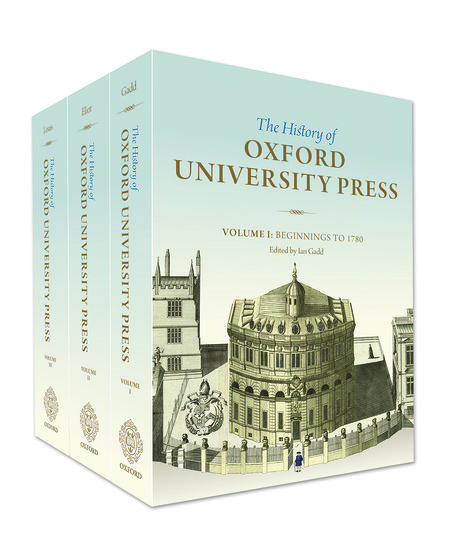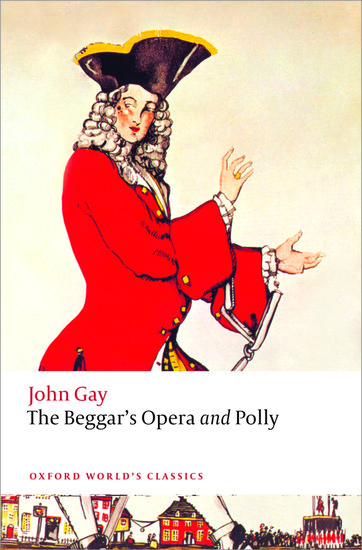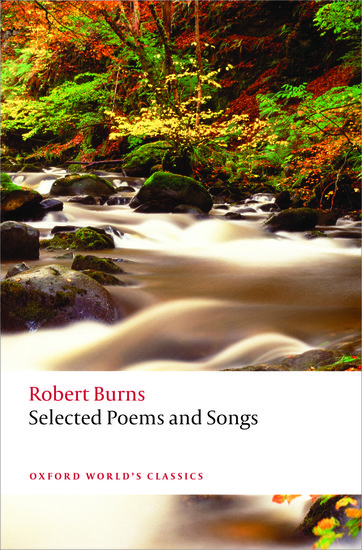A short history of Polish Jewish tavernkeeping
By Glenn Dynner
By the middle of the nineteenth century, Polish Jewish tavernkeeping was banned. However, newly discovered archival sources demonstrate that Jewish tavernkeepers often evaded fees, bans, and expulsions by installing Christians as “fronts” for their taverns and carrying on business as usual, all with the knowledge and complicity of nobles and other local Christians.







